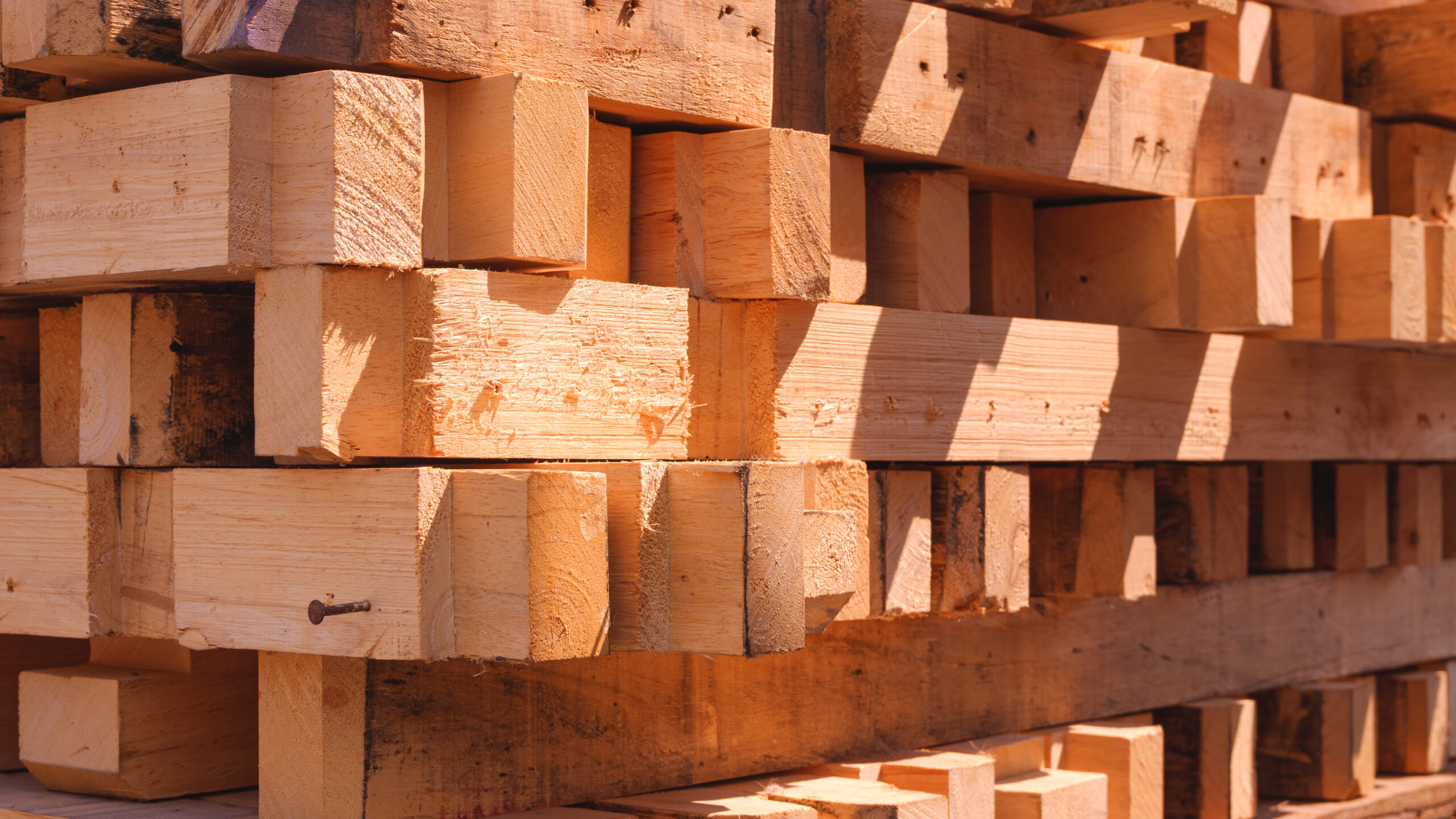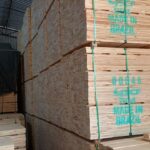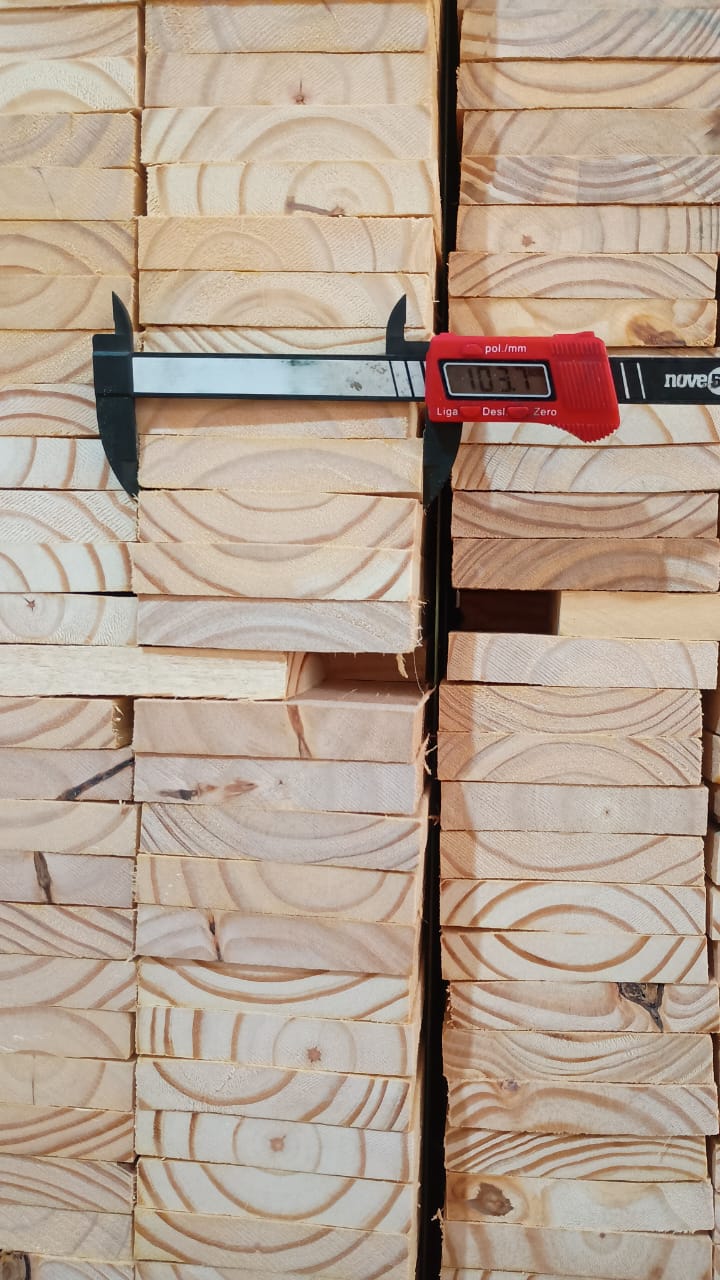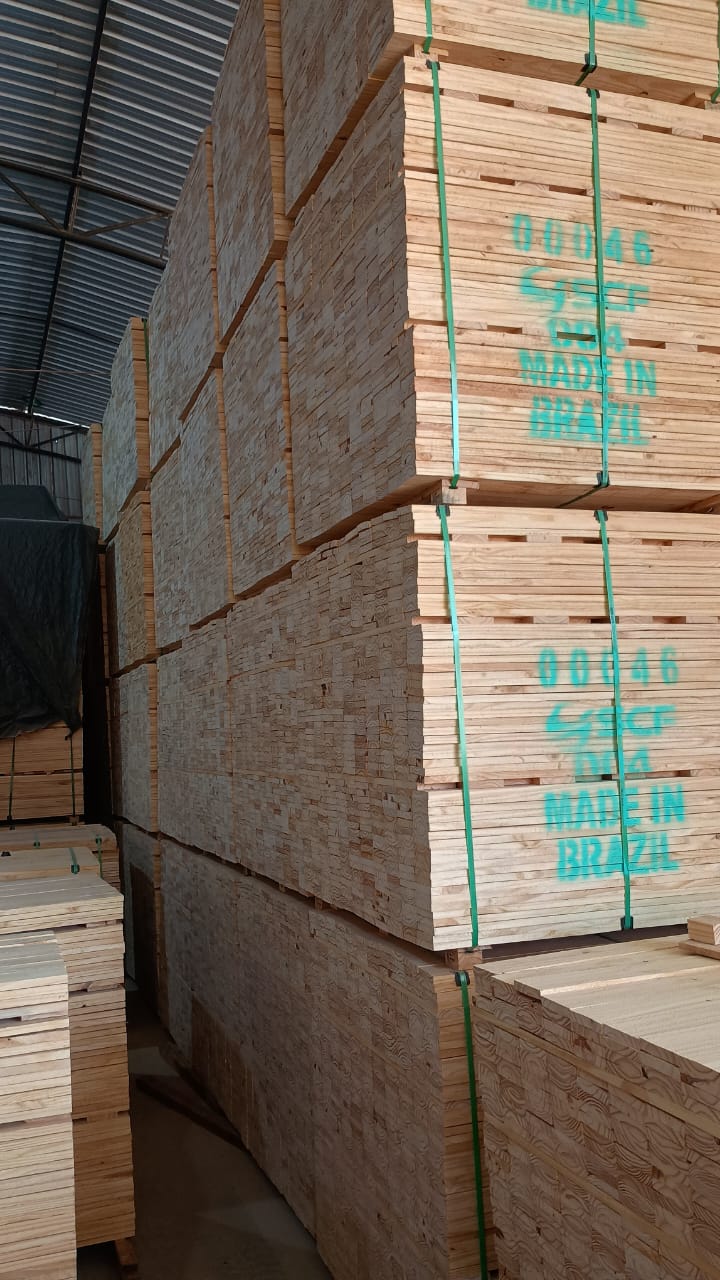Introduction
Wood has been a fundamental building material for centuries, and its applications continue to evolve with advancements in technology, sustainability efforts, and modern design philosophies. As demand for eco-friendly and high-performance materials grows, the wood products industry is seeing significant shifts in innovation and production methods.
At SCF Global Trade, we understand these trends and are committed to providing high-quality, sustainable wood products that meet the diverse needs of modern industries. In this article, we explore the emerging trends shaping the future of wood products, including new materials, innovative technologies, and cutting-edge design applications.
1. Engineered Wood and High-Performance Materials
One of the most significant advancements in the wood industry is the development of engineered wood products. These materials offer improved strength, durability, and sustainability compared to traditional solid wood. Key innovations in this space include:
- Cross-Laminated Timber (CLT): CLT is gaining popularity in large-scale construction due to its high strength-to-weight ratio, fire resistance, and sustainability. It allows for prefabrication and modular construction, reducing waste and improving efficiency.
- Laminated Veneer Lumber (LVL): LVL is another engineered wood product used in construction and furniture manufacturing, known for its uniformity and strength.
- Oriented Strand Board (OSB): OSB continues to replace traditional plywood in structural applications due to its affordability and efficient use of wood fibers.
SCF Global Trade provides premium-quality engineered wood products tailored to various applications, ensuring strength, sustainability, and cost-effectiveness.
2. Sustainable and Eco-Friendly Wood Sourcing
The shift toward sustainability is transforming the wood industry. Consumers, architects, and manufacturers are prioritizing wood products that support responsible forestry and reduce environmental impact. Some major sustainability trends include:
- Certified Wood: Organizations like the Forest Stewardship Council (FSC) and Programme for the Endorsement of Forest Certification (PEFC) ensure wood is sourced from responsibly managed forests.
- Reforestation and Carbon Sequestration: Companies like SCF Global Trade actively support reforestation initiatives to replenish harvested forests and promote carbon absorption.
- Reclaimed and Recycled Wood: The use of reclaimed wood from old buildings and furniture minimizes waste and adds a rustic, authentic aesthetic to projects.
3. Smart Wood Technologies and Digital Integration
Technology is playing an increasing role in wood product development and supply chain management. The integration of smart technologies is improving efficiency, tracking, and sustainability in the industry:
- IoT and AI in Forestry Management: Digital tools like AI-driven monitoring systems and IoT sensors allow for real-time tracking of tree growth, logging operations, and sustainable harvesting.
- Blockchain for Supply Chain Transparency: Companies are adopting blockchain to ensure ethical sourcing, prevent illegal logging, and enhance traceability.
- Precision Wood Cutting and Automation: CNC (Computer Numerical Control) machining and robotics are streamlining manufacturing, reducing waste, and improving the precision of wood products.
SCF Global Trade integrates technology-driven solutions to optimize its supply chain, ensuring timely delivery and superior product quality.
4. The Rise of Bio-Based Wood Products
As sustainability concerns drive innovation, bio-based wood alternatives are emerging as viable solutions for various industries. These products include:
- Wood-Plastic Composites (WPC): A hybrid material made of wood fibers and plastic polymers, WPC is used in decking, furniture, and outdoor applications due to its durability and resistance to moisture.
- Nanocellulose Materials: Derived from wood pulp, nanocellulose enhances strength and lightweight properties, making it suitable for use in packaging, coatings, and advanced materials.
- Biodegradable Wood-Based Composites: Researchers are developing biodegradable wood-based composites to replace synthetic plastics in packaging and consumer goods.
5. Evolving Design Trends with Wood
Modern design philosophies are embracing wood aesthetics in new and creative ways. Architects and designers are leveraging wood’s versatility in:
- Mass Timber Construction: A sustainable alternative to steel and concrete, mass timber is being used in high-rise buildings and infrastructure projects.
- Modular and Prefabricated Wood Homes: Prefabrication techniques are increasing efficiency and reducing waste in residential and commercial construction.
- Customizable and Smart Wooden Interiors: Advancements in woodworking technology allow for intricate designs, 3D carving, and personalized wooden surfaces.
SCF Global Trade collaborates with architects and designers to supply premium wood products that align with contemporary and innovative design needs.
6. The Growing Demand for Fire-Resistant and Weather-Proof Wood
With climate change concerns on the rise, there is increasing demand for fire-resistant and weather-proof wood products. Some of the key developments in this space include:
- Fire-Retardant Treated Wood (FRTW): Specially treated wood that meets stringent fire safety regulations for commercial and residential buildings.
- Weather-Resistant Coatings: Innovations in protective coatings enhance wood’s ability to withstand extreme weather conditions, including UV exposure and moisture damage.
- Heat-Treated Wood: Thermally modified wood increases durability, making it resistant to rot, pests, and warping.
7. The Future of the Wood Industry: Circular Economy and Zero-Waste Practices
The transition to a circular economy in the wood industry is gaining momentum. The goal is to reduce waste and maximize resource efficiency through:
- Wood Waste Recycling Programs: Transforming sawdust and scrap wood into usable materials such as particleboard, pellets, and biofuel.
- Closed-Loop Production Systems: Manufacturers are adopting closed-loop processes to reuse and recycle wood materials at the end of their lifecycle.
- Innovative Wood Packaging Solutions: Companies are developing sustainable wood-based packaging to replace single-use plastics in shipping and logistics.
Conclusion: Partnering with SCF Global Trade for Future-Ready Wood Products
As the wood industry embraces innovation and sustainability, SCF Global Trade remains at the forefront of these advancements. By offering high-quality, responsibly sourced wood products, we help businesses, architects, and manufacturers stay ahead in a rapidly evolving market.
Whether you need engineered wood, sustainable timber, or cutting-edge wood solutions, SCF Global Trade is your trusted partner. Our commitment to transparency, quality, and customer satisfaction ensures that your projects benefit from the best materials available.
For more information about our wood products and sustainable sourcing, visit scfbr.com or contact our team today!












